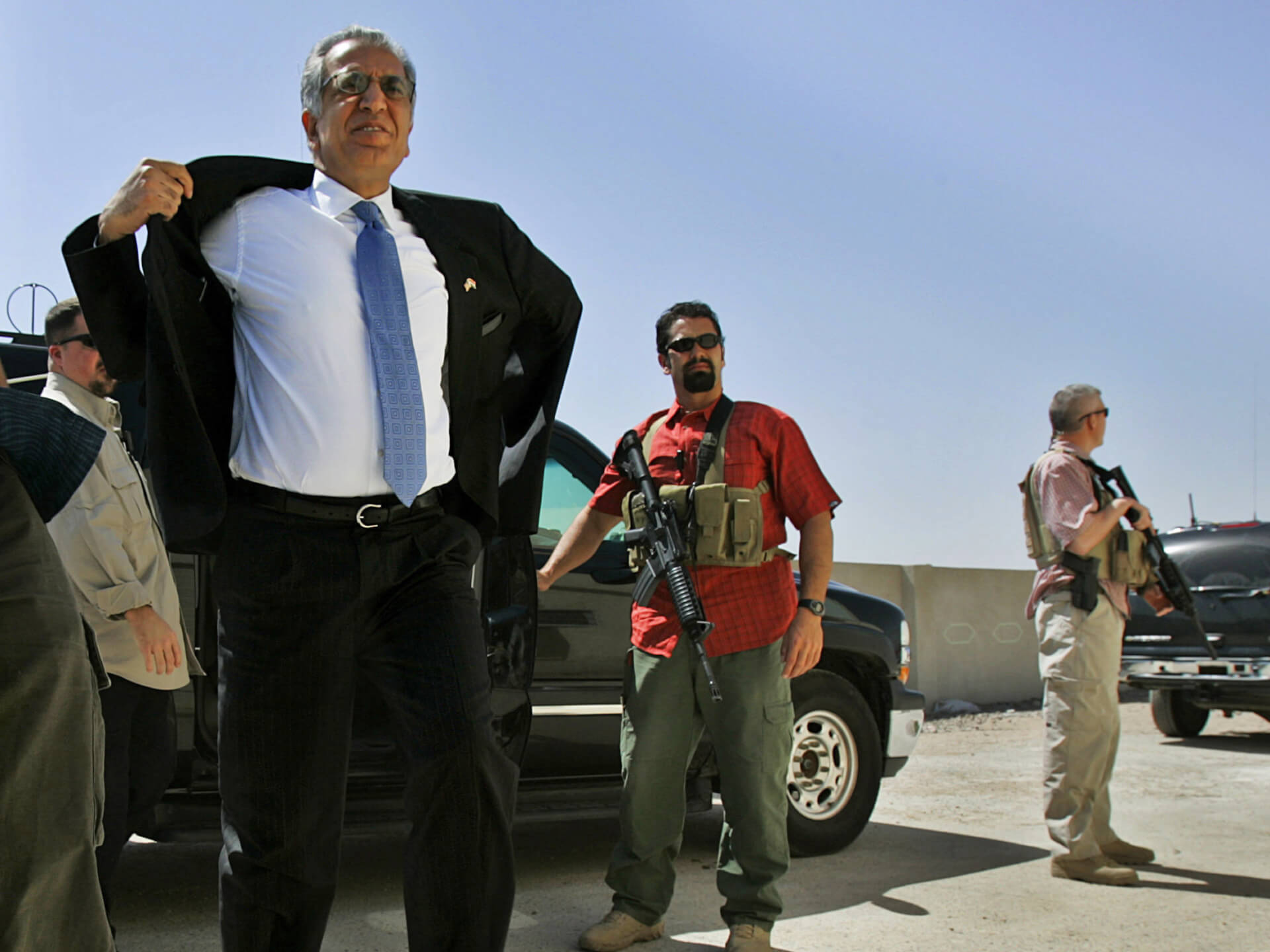In an interview with Dawn, US Special Representative for Afghanistan Reconciliation Zalmay Khalilzad said that the political crisis in Pakistan could impact the entire South Asian region and result in war.
Overview
The US envoy highlighted that “given Pakistan’s size and importance,” the instability in Pakistan can “change the balance of power in the region and even lead to war.”
“[Pakistan] should be a leader in the region. Instead, it now looks utterly dysfunctional, untrustworthy, and volatile, and economic activity is stalled.”
Explaining his concern in this regard, he warned that “an adversary” or even Pakistan’s military could use the country’s “disarray” as an “opportunity” to externalise the conflict. In addition, the unrest could increase terrorism and refugees.
Khalilzad blamed the crisis on the “lack of rules of engagement” between the political and military leaders, which has resulted in a “a zero-sum approach to power and inadequate respect for rule of law by some key leaders.”
To this end, he suggested that the US should capitalise on international and regional influence to find a solution.
I was concerned for #Pakistan before, but a recent speech by the Army Chief has led me to believe that things are truly dire. His closed-door angry tirade to senior officers in Sialkot has been reliably shared with me. The entire speech was alarming but two points stand out:(1/6)
— Zalmay Khalilzad (@realZalmayMK) May 19, 2023
He also said he supported former Pakistani PM Imran Khan over the incumbent government, citing the PTI leader’s “tenacity” and “commitment” to the country. The US envoy added that Khan’s treatment was “extra-judicial, dangerous, and unfair.”
Triple Crisis in Pakistan
Khalilzad is concerned about the “deepening triple crisis in Pakistan,” which is struggling with economic, political, and security threats. Islamabad is facing a foreign reserve crisis while also struggling with the resurgence of the Pakistani Taliban or the Tehreek-e-Taliban since the group ended its ceasefire agreement with the government. Khan’s arrest added to the woes, causing political instability in the country.
In this regard, Khalilzad raised concern about the politicisation of state institutions like the judiciary and the military, which he said will “be a tragedy for Pakistan and its people.” “Economic activity will stall, poverty will increase, civil unrest will disrupt daily life,” he lamented.
I also plead with the Pakistani public to engage in decisive, outspoken but nonviolent activism if their country’s establishment continues or even escalates its destructive policies.
— Zalmay Khalilzad (@realZalmayMK) May 15, 2023
(3/3)
Nevertheless, he said that Pakistan could come out of these crises “unharmed,” provided that the institutions place “national interest” over their “ambitions, grudges, and manoeuvrings.”
Khalilzad was the US representative for negotiations with the Taliban, which resulted in the Doha Agreement and the eventual departure of NATO forces from Afghanistan.
Khalilzad Raises Alarm About Khan’s Arrest
Last week, Khalilzad addressed Khan’s arrest in a series of tweets, calling on the incumbent Shehbaz Sharif-led government to ensure the situation does not get out of hand. His comments came in light of the 9 May protests, wherein Khan’s supporters took to the streets to oppose his arrest.
In addition, he warned that Khan was under threat of being assassinated or killed while in custody, which could result in even more widespread unrest in the country.

